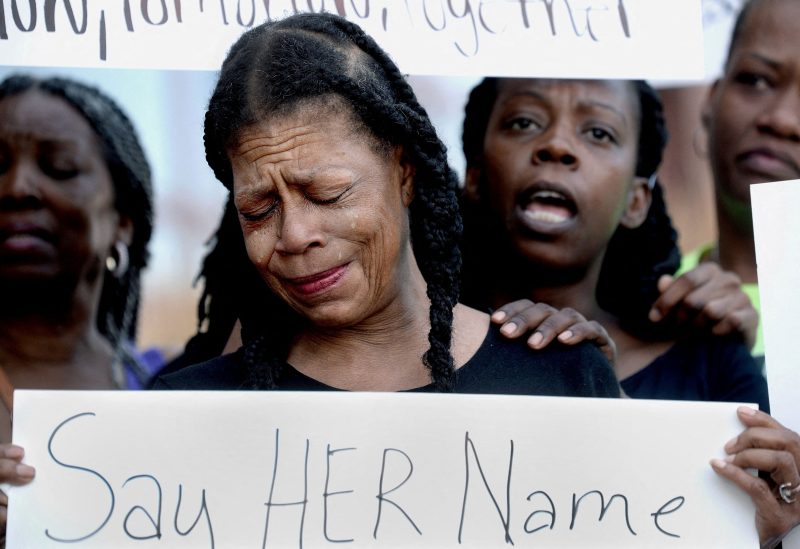
Double Vision: Kamala Harris and Sonya Massey Navigate Two American Realities
In a recent article on GodzillaNewz, the stark disparities between the lived experiences of two prominent black women in America, Kamala Harris and Sonya Massey, have been highlighted. These two women exemplify the multifaceted nature of race, privilege, and opportunity in the United States, each navigating distinct paths shaped by their unique backgrounds and circumstances.
Kamala Harris, as the current Vice President of the United States, occupies a position of immense power and influence. Her journey to this historic role has been marked by numerous achievements and milestones, from her tenure as California’s Attorney General to her election to the U.S. Senate. Harris represents a beacon of hope for many, breaking through barriers and shattering glass ceilings in pursuit of her political ambitions.
On the other end of the spectrum, Sonya Massey’s story sheds light on a different reality faced by black women in America. Massey, a single mother living in a low-income neighborhood, grapples with systemic inequities that have limited her access to education, employment, and resources. Her experience underscores the pervasive challenges of economic instability, housing insecurity, and lack of opportunities that disproportionately impact marginalized communities.
The juxtaposition of Harris and Massey’s narratives underscores the complex interplay of race, gender, and social class in shaping individual destinies. While Harris’s trajectory reflects the promise of progress and advancement for black women in positions of power, Massey’s struggles lay bare the enduring obstacles faced by those on the margins of society. Their stories serve as a poignant reminder of the ongoing fight for equity and justice in America.
As we reflect on the divergent paths of Kamala Harris and Sonya Massey, it becomes evident that the American dream remains elusive for many black women, constrained by systemic barriers and structural inequalities. The stories of these two women challenge us to confront the realities of privilege and oppression that continue to shape our society, urging us to work towards a more equitable and inclusive future for all. May their experiences inspire us to strive for a world where every black woman, regardless of her background or circumstance, is afforded the opportunity to thrive and succeed.
